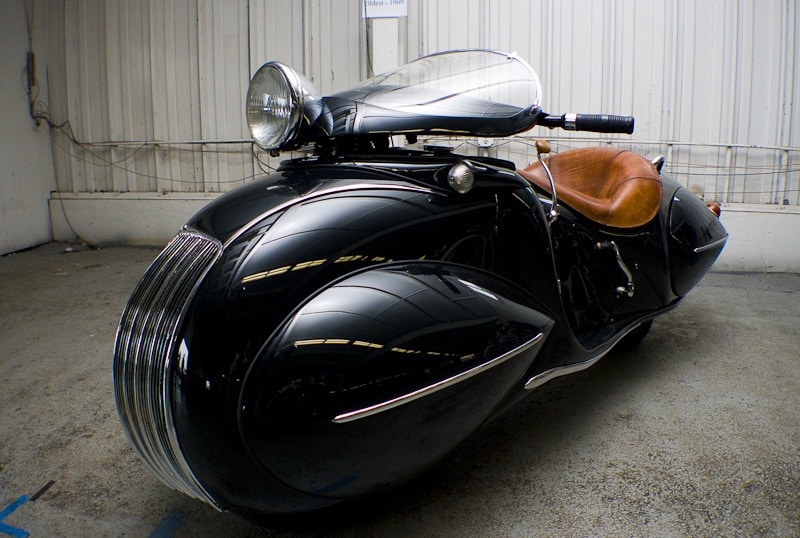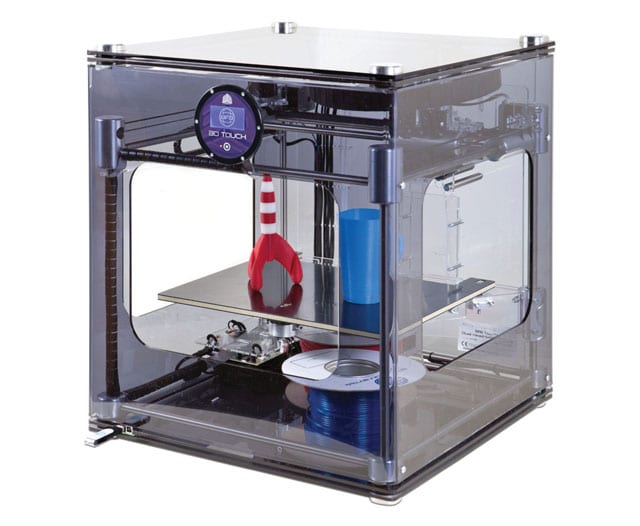Penn State University engineering students in the Design Analysis Technology Advancement Laboratory are using the popular Oculus Rift Virtual Reality headset to enhance online learning.
The research was funded by the Center for Online Innovation in Learning Research Initiation Grant.
According to assistant professor of engineering design and industrial engineering Conrad Tucker, “online learning gives us huge opportunities in higher education. You can connect with more diverse people across greater distances. Online courses also limit you in some ways — there’s little immersive or tactile interaction, and sometimes it’s hard for students to engage with the material. IVR (immersive virtual reality) systems are a potential solution to that problem.”
The students, under the guidance of Tucker, created a demo of a virtual classroom with chairs, desks and a chalkboard. In addition to the headset, there is a glove that allows students to pick up, assemble and take apart virtual objects. In the case of the demo, a coffee pot was the subject.
“Moving forward, we’d love to work with students in other countries. Oculus Rift and other similar technologies allow you to sync your devices with others regardless of location and work on the same project. You can always Skype with people around the world, but you don’t get the same experience,” Tucker explains.
There are no limits to virtual reality in the classroom. Tucker is a strong advocate and believer that virtual reality is the future to online learning.












